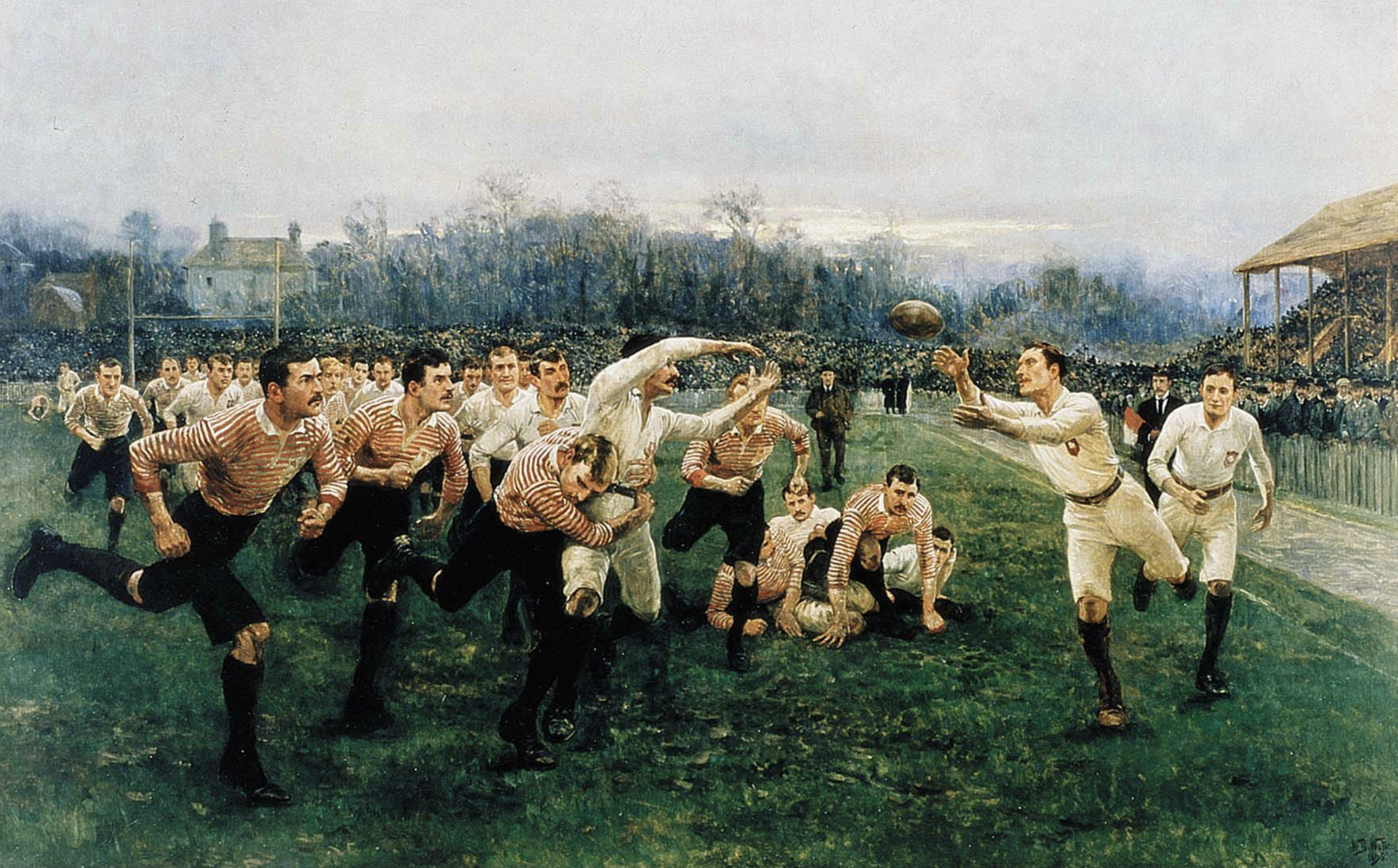My Brief Fascination with Yo-Yos: Setting Aside Time for Atelic Planning
'The time you enjoy wasting is not wasted time.’
Laurence J Peter
When I was young I had a brief fascination with yo-yos.
Loafing around the house or garden, I would focus intently on the repetitive, mesmerising motion - spooling and unspooling, winding and rewinding, over and over again. The world around me disappeared. Time stood still. Not understanding the physics, it all seemed rather magical.
Though mine was not a fancy yo-yo, I kept it as a constant companion. I learned how to make it ‘sleep’ – spinning at the end of its uncoiled string – and even endeavoured, unsuccessfully, to ‘walk the dog.’
Bored one summer, I decided to invent an evolution of the yo-yo: a device that had a more erratic, random movement. I imagined this would have a beguiling charm. For my prototype I tied a piece of string to a wooden cotton reel and bounced it up and down, revelling in its haphazard trajectory.
After a while I determined that my wayward yo-yo didn’t really work, and in fact made me look rather foolish. I’d been wasting my time…
'In his youth Albert Einstein spent a year loafing aimlessly. You don’t get anywhere by not ‘wasting’ time - something, unfortunately, that the parents of teenagers tend frequently to forget.'
Carlo Rovelli
I read recently in the FT (Tim Harford, ‘Why You Shouldn’t Strive,’ 15 December, 2022) about the distinction between telic and atelic projects established by philosopher Kieran Setiya ('Midlife: A Philosophical Guide').
Telos is the ancient Greek word for end or goal. Telic activities are those that have an objective in mind: distance run, mountain climbed, contract signed, promotion attained. Atelic activities have no specific objective. They tend to be pastimes we enjoy for themselves. Reading the paper, visiting a gallery, snoozing in the afternoon, or having a beer with My-Mate-Andy come to mind. We used to call these things hobbies.
It’s possible to engage with the same enterprise in a telic or atelic way. High achievers see most activities as a competition or challenge. They create aims and ambitions, lists and leagues whatever they’re up to. On the other hand, while sport is for the most part telic in character, my football team, the South Indies, generally played in an atelic fashion.
Setiya observes that telic projects can result in disappointment and dissatisfaction: the stress of striving; the frustration of failing; the hunger for another goal once a first has been achieved. There is a risk that an obsession with objectives can rid an activity of its inherent charms. One becomes more concerned with scores and measurement; with ticking a box or crossing off a list.
And so Setiya concludes that if we want to avoid a midlife crisis, then we should invest more heavily in atelic projects.
‘We can escape the self-destructive cycle of pursuit, resolution and renewal, of attainments archived or unachieved. The way out is to find sufficient value in atelic activities, activities that have no point of conclusion or limit, ones whose fulfilment lies in the moment of action itself.'
Kieran Setiya, 'Midlife: A Philosophical Guide'
Of course, you can argue this both ways. If you spend your youth only engaging in atelic projects, you’ll probably not achieve very much at all. Another route to a mid-life crisis.
Inevitably I suspect the answer resides somewhere in the middle: the path to contentment lies in striking a balance between telic and atelic undertakings: sometimes striving for attainment, pushing ourselves to perform; and sometimes merely passing the time, enjoying the distractions that the day affords us.
'Time isn't the main thing. It's the only thing.’
Miles Davis
I found myself wondering about telic and atelic projects in the world of work.
Work is necessarily a field of timesheets and targets, ambitions and accountability. Shouldn’t all professional activities be telic?
Actually I think it’s important that a Planner occasionally steps back from specific Client responsibilities and tasks - to take a look at social and industry change; to review competitive output; to learn of the latest technological innovations; to consider different ways of working. Such activities may not be particularly telic. But they serve to recharge our strategic batteries; to broaden our professional outlook; to refresh our enthusiasm and revive our appetite.
We all need to set aside time for Atelic Planning.
'If I had six hours to chop down a tree, I would spend the first four hours sharpening the axe.'
Abraham Lincoln
On reflection, I’m not sure there’s much risk of my suffering Setiya’s midlife crisis. If anything I need to embrace more telic activity in order to generate a little more momentum in my week. Perhaps I should put away that yo-yo and invest in a Strava…
'Take it easy, take it easy.
Don't let the sound of your own wheels drive you crazy.
Lighten up while you still can.
Don't even try to understand.
Just find a place to make your stand and take it easy.’
Jackson Browne, ‘Take It Easy’ (J Browne, G Frey)
No. 407

